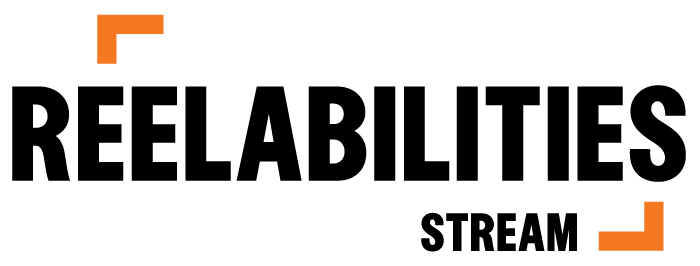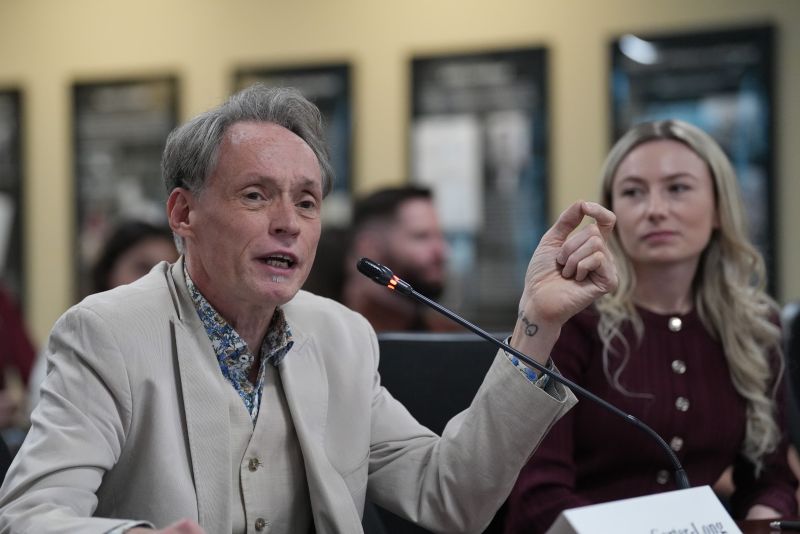When Hurricane Helene hit Asheville last September—just weeks after my partner Kata and I moved to town—the storm didn’t just knock out power. It exposed the cracks in systems never built for disabled folks like me.
For people who rely on accessible transit, mobility devices, ventilators, refrigerated medications, or in-home support, losing electricity isn’t just inconvenient. It can be life-threatening.
And Helene wasn’t an isolated incident. Earlier this year, wildfires turned Los Angeles skies toxic. For people with respiratory conditions or sensory sensitivities, the air itself became dangerous. Meanwhile, counties, states, and the federal government continue slashing the very services that help disabled people survive: personal care assistance, accessible transit, durable medical equipment, and more.
More disasters. Fewer supports. That’s not just a policy failure—you could also call it a recipe for disaster.
I addressed this in my testimony before the National Council on Disability on March 6. I spoke not only about my own experience but also about the structural failures that repeatedly exclude disability communities from emergency planning, implementation, and evaluation.
At the ReelAbilities flagship film festival in New York City this past April, we screened Iron Lung, a powerful short film directed by Andrew Reid. It tells the story of a polio survivor and her sister scrambling to keep her iron lung working following an unexpected blackout. Just 12 minutes long, it captivates and compels. Hits like a lightning bolt.
Rewatching it after relating my experience of Helene—and after hearing similar stories of the Los Angeles fires by Keely Cat-Wells and Molly Burke at the NCD meeting—the film struck deeper. It reflected a reality disability communities know all too well: the terrifying fragility of systems we rely on and, until they fail us or those we love, trust.
Iron Lung isn’t just about one person’s fight for survival. It is a cautionary tale told through the experiences of the characters in the film that pokes, prods, and provokes us to consider: Whose stories do we hear? Whose needs are prioritized? And what do we risk when we miss or, worse yet, ignore the rest?
Too often, emergency planning assumes a dangerous, ableist default. A deadly assumption that assumes everyone can hear alarms, see flashing lights, move quickly, follow instructions, and flee without assistance. That leaves millions of disabled people behind before a storm hits or a fire even starts.
This isn’t a woke conspiracy. It’s about waking up to the reality disability communities are facing and getting the pesky details right. Disabled people bring critical insight, lived experience, and creative problem-solving born of necessity. We’ve been building alternatives before most non-disabled folks caught on or efficiency experts coined the phrase “resilient systems.”
Stories like Iron Lung do more than depict emergencies. They illustrate what happens when regular folks are left to fill the gaps after systems fall short. They put human faces on policy failures. And they make it clear: Caring for others isn’t a sign of weakness. If we embrace and allow it, empathy can be our greatest strength.
I didn’t go to Washington to perform pain, or to hear myself talk. I went because I felt a responsibility to show up, speak up and to push for progress because when we exclude diverse disability communities from disaster planning, we also send an unspoken, unmistakable message that people who need more, demand more, cost more are expendable. That’s not just wrong—it’s deadly.
At ReelAbilities, we champion films like Iron Lung because they challenge dangerous assumptions like these. Our stories don’t just entertain. They confront. They compel. They build empathy and urgency.
Most importantly, they don’t look away.
World Environment Day invites us to reflect on how we care for the planet—and for each other. But too often, conversations about climate change leave disability communities out. That’s not just an oversight. It’s business as usual. It’s a habit. But like smoking or creating a budget, it’s a habit we can and must change.
Anyone paying attention will tell you the environmental crisis is escalating. It doesn’t care about your zip code, bank account, or access needs. And it affects everyone, but not equally. Disabled people are too often the first harmed and the last considered.
So today, ask yourself—and press those in power: Who’s missing from the conversation? Whose experiences go ignored until it’s too late? And what needs to change before the next fire, flood, or storm? We won’t be ready for what’s coming next until people with a wide array of disabilities are part of planning, response, and evaluation on every level, starting locally, extending statewide, and then nationally.
It starts with telling better stories. Stories that reflect our realities, celebrate our insights, and help shape real, creative solutions.
It’s not only the right thing to do; the world needs what we know about adaptation, innovation, and inclusion.
The bottom line? Earth is ours too.




